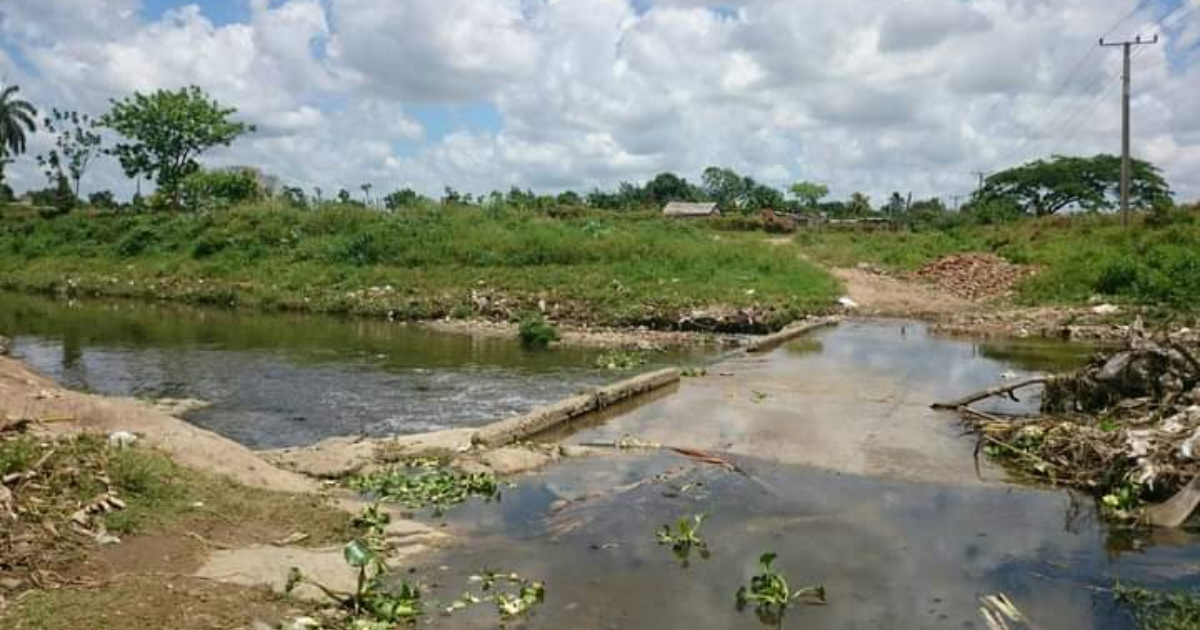
Around 80 people hospitalized with the Oropouche virus and a high rate of infestation and transmission of dengue in several areas of Camagüey mark the "complex" epidemiological context in the province, which keeps health authorities and the population on alert.
The complexity of the health situation due to the circulation of both viruses is attributed to "the high incidence of transmitting agents in several municipalities," acknowledged Dr. Néstor Navarro Vega, deputy director of Epidemiology at the Provincial Center for Hygiene, Epidemiology, and Microbiology, according to the state-run newspaper Adelante.
The specialist revealed that in the municipality of Santa Cruz del Sur, the rate of infestation and spread of dengue is high, while in Esmeralda, the incidence rate has been reduced, but there is still high transmission in its health areas.
He also said that "in Florida there is considerable circulation of the virus in the northern area, as well as in Minas, in its main localities and Senado, with an increase in febrile cases."
Alongside the dengue outbreak, 76 people are reported to be hospitalized or at home with Oropouche fever, while another 79 are suspected of having contracted the virus.
Navarro reported that the municipalities with confirmed cases are Carlos Manuel de Céspedes, Florida, Camagüey, Minas, and Vertientes.
"Everything becomes complicated with the impact of factors such as high temperatures that shorten the Aedes aegypti cycle; also, with the rains and the environmental situation, since it is known that Culex quinquefasciatus enters and exits the home and can only be mitigated with environmental management," the official claimed.
The measures to curb the spread of both arboviruses include what health authorities call "focal spraying," a control that "is carried out in the five houses surrounding the detected case, not in the block or the municipality." According to the official, "the priorities for fumigation are in the focal sprays and the blocks in transmission and at risk."
In the investigation of cases by health personnel, the authorities have incorporated members of regime organizations such as the Committees for the Defense of the Revolution (CDR) and the Federation of Cuban Women (FMC), but such actions have not stopped the increase in the transmission of dengue and Oropouche.
In early July, Dr. Francisco Durán, the national director of Epidemiology at the Ministry of Public Health (MINSAP), reported that the Oropouche virus was already present in 12 provinces of the country and revealed that the government does not have resources to begin fumigation campaigns to prevent the spread of the transmitting mosquito.
"The virus began in Santiago de Cuba and Cienfuegos, but today we also talk about Matanzas, Mayabeque, Villa Clara, Sancti Spíritus, Ciego de Ávila, Holguín, Guantánamo, Artemisa, Camagüey, and Granma," said Durán. However, he omitted Havana, where the disease was detected since the end of June, according to the provincial government.
A few days after the update provided by Durán, authorities from Pinar del Río and Las Tunas confirmed the first cases in those territories.
Taking into account the official information, the Oropouche virus would be present in almost the entire country, except for the special municipality of Isla de la Juventud.
Meanwhile, dengue continues to "run rampant" throughout the national territory, due to the lack of resources for controlling the Aedes aegypti mosquito and the widespread unsanitary conditions in the country.
Such a situation keeps the population on alert and concerned, given the reports of fatal cases, about which the authorities and the official press remain silent.
What do you think?
COMMENTFiled under: